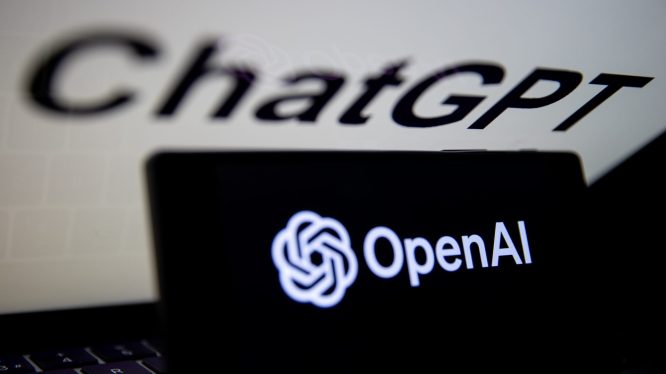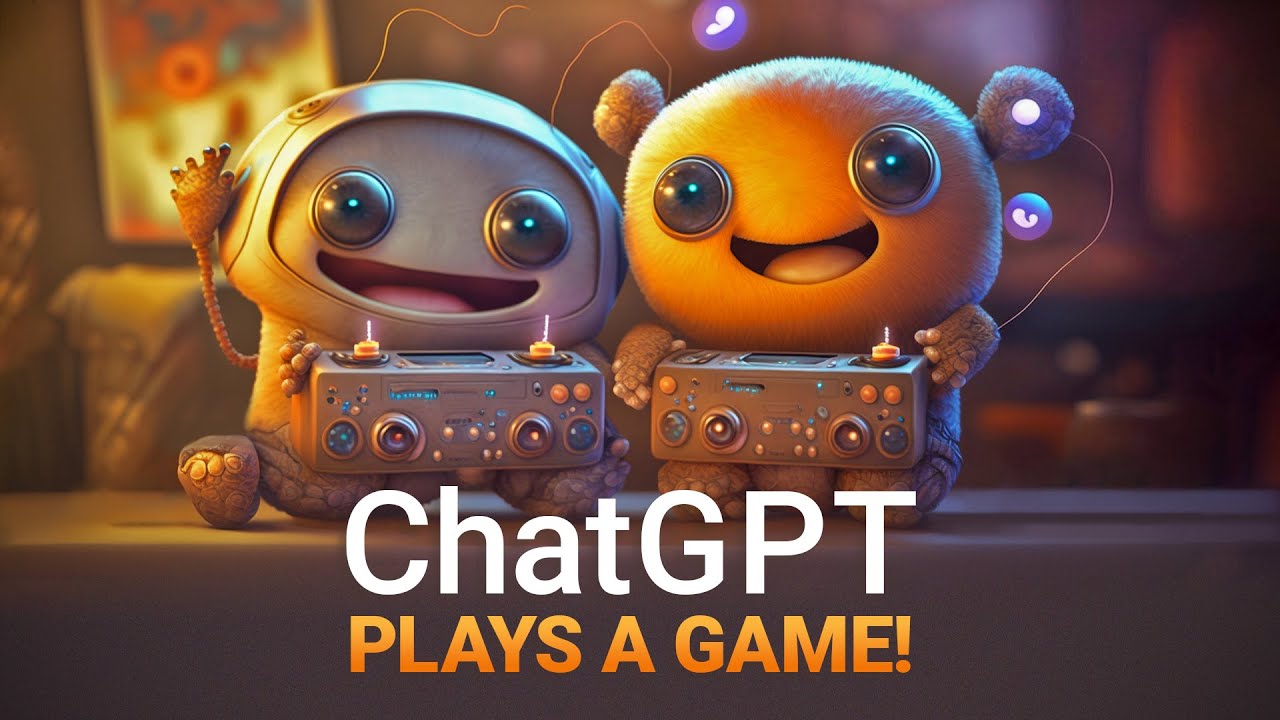In a recent fireside chat hosted by Coeus Collective, Siya Raj Purohit, a member of OpenAI’s go-to-market team for education, shared some exciting insights on the potential of OpenAI’s technology to transform online learning. According to Purohit, OpenAI might explore ways to let e-learning instructors create custom ‘GPTs’ that tie into online curriculums.
Creating Custom GPTs for Lifelong Learning
Purohit expressed her hope that professors will soon be able to create custom GPTs for the public, allowing people to engage with content in a lifelong manner. "It’s not part of the current work that we’re doing, but it’s definitely on the roadmap," she said. Purohit also shared that she has already observed professors uploading a semester’s worth of content to create custom GPTs using OpenAI’s existing tools, and then making those GPTs available to their students.
The Potential of Custom GPTs in Education
Purohit believes that creating custom GPTs can be a powerful way for students to engage with knowledge. "Students engage with that finite knowledge … [which] I think is a really powerful and good way to let them research," she added. This approach could enable students to delve deeper into topics, explore new ideas, and develop critical thinking skills.
OpenAI’s Aggressive Push into the Education Market
OpenAI is aggressively pursuing the education market, which it sees as a key area of growth. In September, the company hired former Coursera chief revenue officer Leah Belsky as its first education GM, charged with bringing OpenAI’s products to more schools. This spring, OpenAI launched ChatGPT Edu, a version of ChatGPT built for universities.
The Growing Importance of AI in Education
According to Allied Market Research, the AI in education market could be worth $88.2 billion within the next decade. However, growth is off to a sluggish start, largely due to skeptical pedagogues. Educators remain wary of AI’s potential impact on teaching and learning.
The Challenges Facing AI in Education
One major challenge facing AI in education is its ability to provide accurate and reliable information. Khanmigo, a chatbot launched by Khan Academy in collaboration with OpenAI, has struggled with basic math and often fails to correct errors when asked to double-check solutions. Purohit acknowledged that the tech is improving but emphasized that "all of our models keep getting better" and aim to "help translate that into what works in learning and teaching."
Educators’ Skepticism About AI
A recent survey by the Pew Research Center found that a quarter of public K-12 teachers believe using AI tools does more harm than good. A separate poll by the Rand Corporation and the Center on Reinventing Public Education revealed that just 18% of K-12 educators are applying AI in their classrooms.
Conclusion
OpenAI’s exploration of custom GPTs has the potential to revolutionize online learning. By enabling professors to create tailored chatbots, students could engage with knowledge in a more interactive and immersive way. However, the challenges facing AI in education must be addressed before this technology can reach its full potential.
Related Articles
- AI: The Future of Education
- A look at how AI is changing the face of education
- The Promise and Perils of Synthetic Data
- Exploring the benefits and risks of synthetic data in AI research
- Microsoft Accuses Group of Developing Tool to Abuse Its AI Service
- The latest development in Microsoft’s ongoing battle against AI abuse
Stay Up-to-Date with the Latest News on AI and Education
Follow us for the latest news, insights, and analysis on the intersection of AI and education.
Subscribe to Our Newsletter
Stay ahead of the curve with our weekly newsletter, featuring the latest stories, research, and trends in AI and education.



